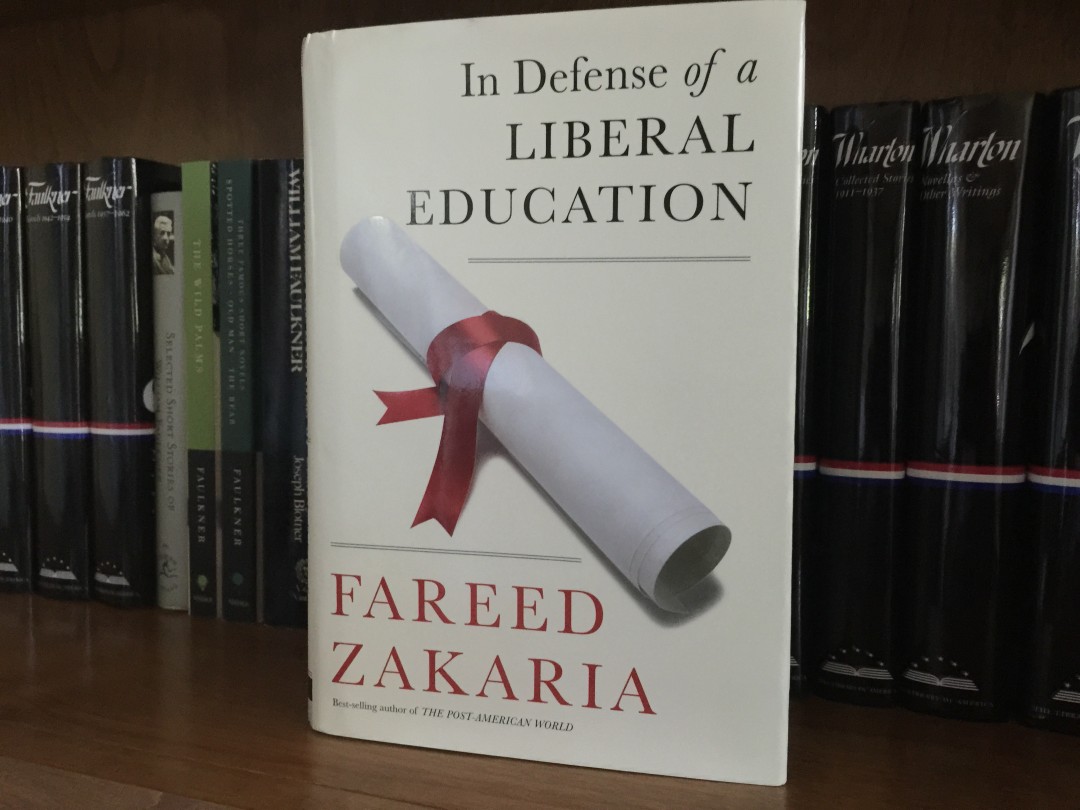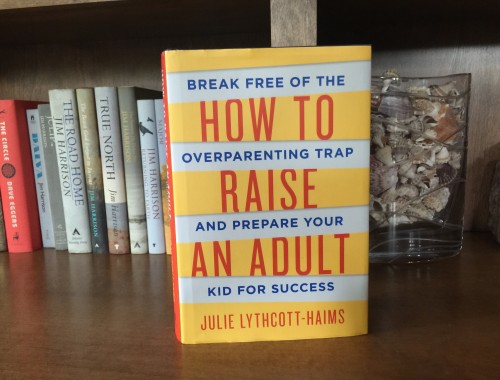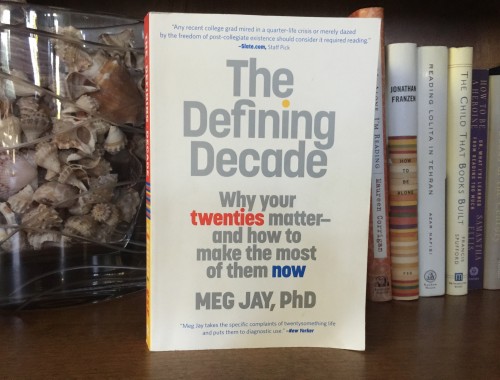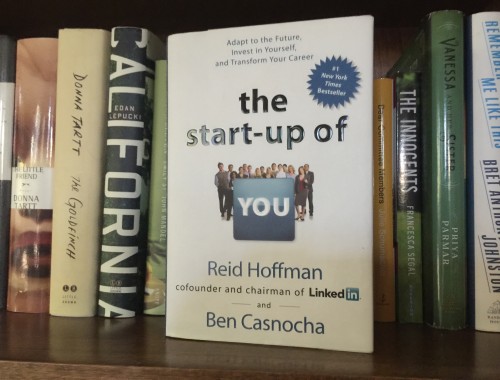I knew going in I was going to like this book. As disclosed elsewhere, I’m not a believer in college prices for a vocational education. When it was clear our younger son’s freshman year that his Philosophy class had him all fired up, I remember saying, “Aren’t you lucky? You have the last set of parents in America who want their student to major in Philosophy.” (He is a Philosophy and Economics major while our older son, a Bio major, is a Humanities minor with a concentration in Bioethics. Our dinner conversations will always be interesting!) Even when pre-professional education works, it’s potentially a series of early career successes with a surprising dead-end down the road, when you’re going to have a hard time going back and getting the missing soft skills.
Fareed Zakaria’s book is engaging and passionate. Sadly, when he breaks out the numbers “only about 1.8 percent of all undergraduates attend classic liberal arts colleges like Amherst, Swarthmore, and Pomona.” (Good news if you are one of them and can make the pitch to hiring managers.) He gives a clear, concise overview of the history and purpose of liberal education in America, “The essence of liberal education was ‘not to teach that which is particular to any one of the professions; but to lay the foundation which is common to them all.’” Given how much the world is changing and how little we can predict about the future jobs needed, that seems like the safest plan to me. (Yes, you’ll forgo the six-figure Google CompSci gig right out of college, but life and careers are long, plan accordingly.)
Mr. Zakaria quotes many influential and successful professional reflecting back on their liberal educations, including Norman Augustine, former CEO of Lockheed Martin, who says “I have concluded that one of the stronger correlations with advancement through the management ranks was the ability of an individual to express clearly his or her thoughts in writing.” As to the author’s own education and the emphasis on articulate communication, he concludes “In order to be successful in life, you often have to gain your peers’s attention and convince them of your cause, sometimes in a five-minute elevator pitch.” (The book jacket notes “Fareed Zakaria has been called ‘the most influential foreign policy advisor of his generation’” by Esquire Magazine, so I’m feeling confident he’s an ace at convincing people of his cause.) And, just so you don’t think we’re ganging up on you in pursuit of a different kind of “liberal agenda:”
“In 2013, the American Association of Colleges and Universities published a survey showing that 74 percent of employers would recommend a good liberal arts education to students as the best way to prepare for today’s global economy.”
Recommendation? Essential if you or your student is still in the process of choosing a college. If in college, I still recommend as I think you can supplement a pre-professional set of academic requirements with electives to round out some of the missing pieces. If you’ve already graduated, it will make you aware of some weaknesses you may have. That’s not a bad thing to know with all the great online and local extension classes available at a free or inexpensive price point to get you to fill the holes before you start to wonder why your fast-moving career has stalled out.





No Comments